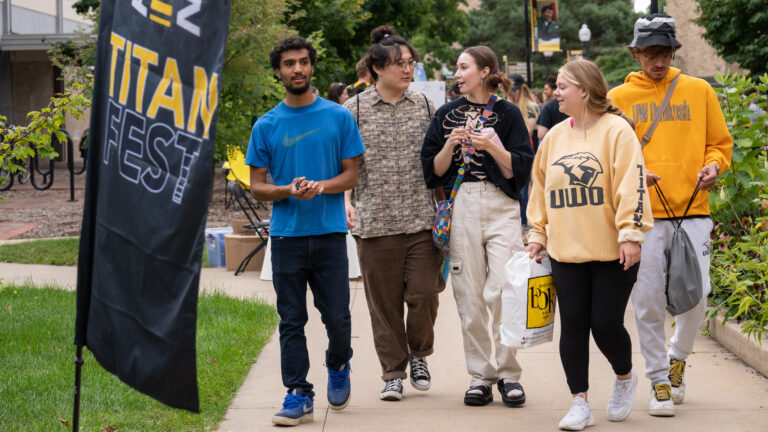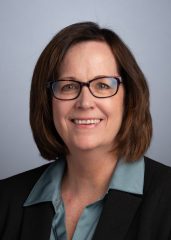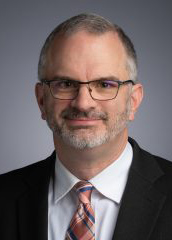
For a successful voyage, a ship’s captain assesses information, sets the course, launches the journey, monitors progress and makes changes as needed along the way.
The path to success for students at the University of Wisconsin Oshkosh follows similar steps.
This fall UW Oshkosh added a new team of Student Success Navigators led by Rich Marshall, student outreach and retention director, to assist first-year, nontraditional and transfer students with staying on course.
The initiative—innovative in the UW System—helps students solve issues they encounter with the goal of increasing the University’s first-year retention rate.

Erin Grisham
“Addressing issues as they arise, in a proactive way, ensures the University meets students where they are and that they receive support and resources in real time,” UWO Vice Chancellor for Student Affairs Erin Grisham said. “This approach was critical to continuing to address our student success and retention strategies. Our goal is to help students find community and develop resiliency and self efficacy.”
The navigators are passionate about their work to help new students on the three campuses overcome the challenges they face in their first years. Their work complements the work of student advising. They are not counselors, but facilitators who help students identify and manage problems they face by connecting them with resources they need to be successful and stay in school.
“Sometimes students don’t know where to start and they can be really reluctant to ask for help,” Marshall explained. “By taking a warm personal approach, we want to offer them a clear starting point to connect on campus. We offer a no-judgement zone in answering any questions they may have.”

Rich Marshall
Students may have questions about everything from the technical aspects of college like how to use their TitanCard or buy textbooks, to social aspects like anxiety over meeting a roommate, to life skills like banking and accessing healthcare.
“Some people have said we are ‘hand holding,’ but I am proud of that,” Marshall said. “Often new students, especially first-generation students, have no foundation for how to navigate college. They have no blueprint for how it all works.”
Marshall advocates that the navigators first try to reach students by making a phone call before turning to texting or email. “Even if we don’t reach them, they’ll get a message and hear a friendly voice.”
Students also can stop by for an in-person conversation in Dempsey Hall Room 201 with its expanded hours from 7:45 a.m. to 7 p.m. Mondays to Thursdays and 8 a.m. to 4:30 p.m. Fridays.
A new online chat function also has been added as part of the UWO One Stop website launched this fall that pulls together all of the key services students require.
“It’s a lot of phone calls, text messages and collaborating across the University,” said Kait Kandray, who first worked in a similar role at UWO as an enrollment counselor before joining the new navigator team.
“We come from a student-centered perspective. Most of the students we encounter struggle with advocating for themselves. We help them with problem-solving and being able to communicate their own needs,” she said.
Flor Hernandez-Lar, a May graduate who majored in finance and Spanish, said she feels like she “trained” for the navigator role with her own recent experience as an active student on campus.
“It’s been amazing to help students unpack what their needs are, especially for the first-gens,” she said. “It can be a difficult but very rewarding process of discovery.”
Hernandez-Lar has challenged herself to meet as many students in person as possible. Her record is 11 in just one day.
UWO history alumna Emily Marie Colon ‘21, said working as a navigator is her dream job. Some of her success stories include helping a student complete the admissions process by clearing up the difference between unofficial and official transcripts and another who had inadvertently attempted to withdraw from UWO instead of just switching campuses.
“Those were cool moments,” Colon said. “What we do really matters.”
Learn more: